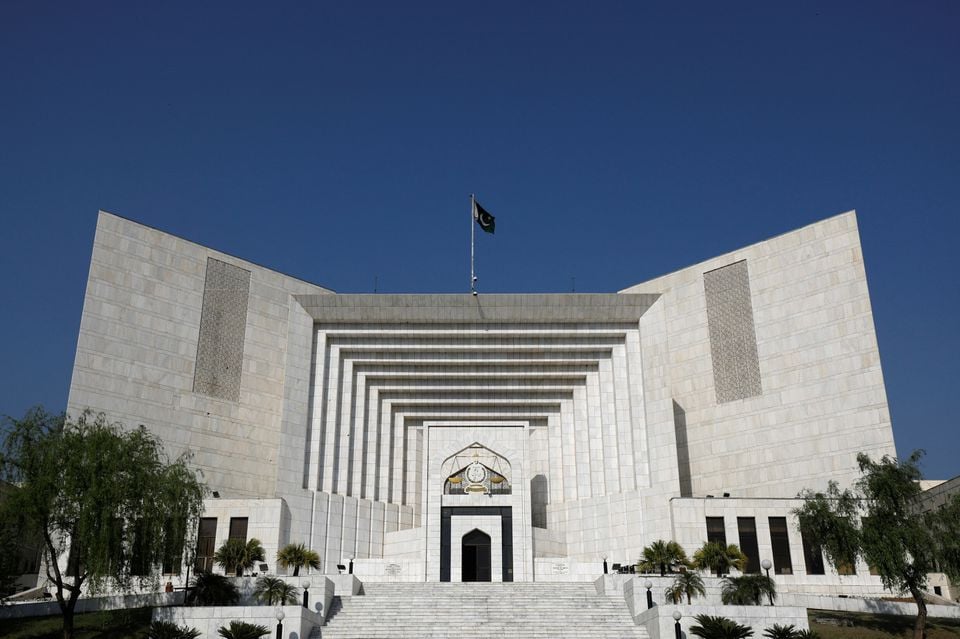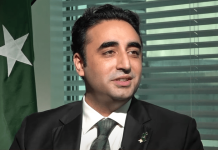By Anzal Amin
ISLAMABAD: The Supreme Court in a democracy has to protect people’s constitutional rights, liberal institutions, and values, said the former chief justice of Pakistan, Tassaduq Hussain Jillani, in his acceptance speech after receiving the 2023 International Human Rights Award for his landmark judgements protecting human rights in Pakistan.
“Any declaration made, and the principle of law laid down by the court, have a trickle-down effect on other institutions of the state,” he added during his address to the attendees of the award ceremony.
Justice Jillani, who served as the country’s 21st top judge from 2013 to 2014, was honoured during the event helmed by the American Bar Association in Denver, Colorado, a day earlier.
The award was established to honour and publically acknowledge the services of a lawyer, human rights luminary, or international human rights organisation that has made an exceptional contribution to the advancement of human rights outside of the United States.
The award was presented to the former chief justice by American Bar Association President Deborah Exin-Ross.
Acknowledging Justice (retd) Jillani’s practice as part of Pakistan’s legal fraternity, Exin-Ross said: “The award is being given in recognition of Justice Jillani’s courageous judgements against political impunity in a time of crisis and for defending judicial independence.”
The former chief justice, during his acceptance, said: “The 2023 ABA International Human Rights Award symbolises our shared values of democracy, of freedom, of the rule of law, of human dignity, of religious freedom and tolerance. But these values are at great threat today.”
Citing examples of extremism and human rights violations across the world, Justice Jillani maintained that “extremism is not new”.
“No grievance justifies killing innocent people, rather all faiths ordain that we should treat one another as we wish to be treated. This is the message from Torah, this was ordained by the Holy Prophet (PBUH) and this is the message from the Holy Bible as well,” he said.
Highlighting the role of the judiciary in modern democracies, the former top judge stressed playing a more proactive role to enforce the constitutional mandate and defend the people’s fundamental rights.
“In modern democracies, competing claims sometimes lead to discrimination, segregation and violence. These acts are violative of fundamental rights and constitutional values,” he said, insisting on the way the judiciary must act in such situations.
Bringing up Pakistan’s war against the “far-reaching network of violence, extremism and hatred” during the award ceremony, Justice Jillani spoke about his landmark judgement on the protection of minorities and freedom of religion, which came in the wake of the Peshawar church bombings in September 2013, among other incidents of religious extremism in the country.
“We were confronted at times with visible and invisible enemies… Months passed but neither the culprits were brought to book nor the victims got any compensation,” the former judge mentioned.
He underlined the Supreme Court’s view that religion cannot be defined in rigid terms and that freedom of religion is a comprehensive term, which includes freedom of conscience, freedom of thought, freedom of expression, and freedom of belief and faith.
“The court went on to add the right to religious freedom (Article 20 of the Constitution of Pakistan) is available to each citizen and is multidimensional; it is right to profess, practice or propagate his or her religious views against the prevailing or dominant views of his or her own religious denomination or sect,” he said in his speech.






